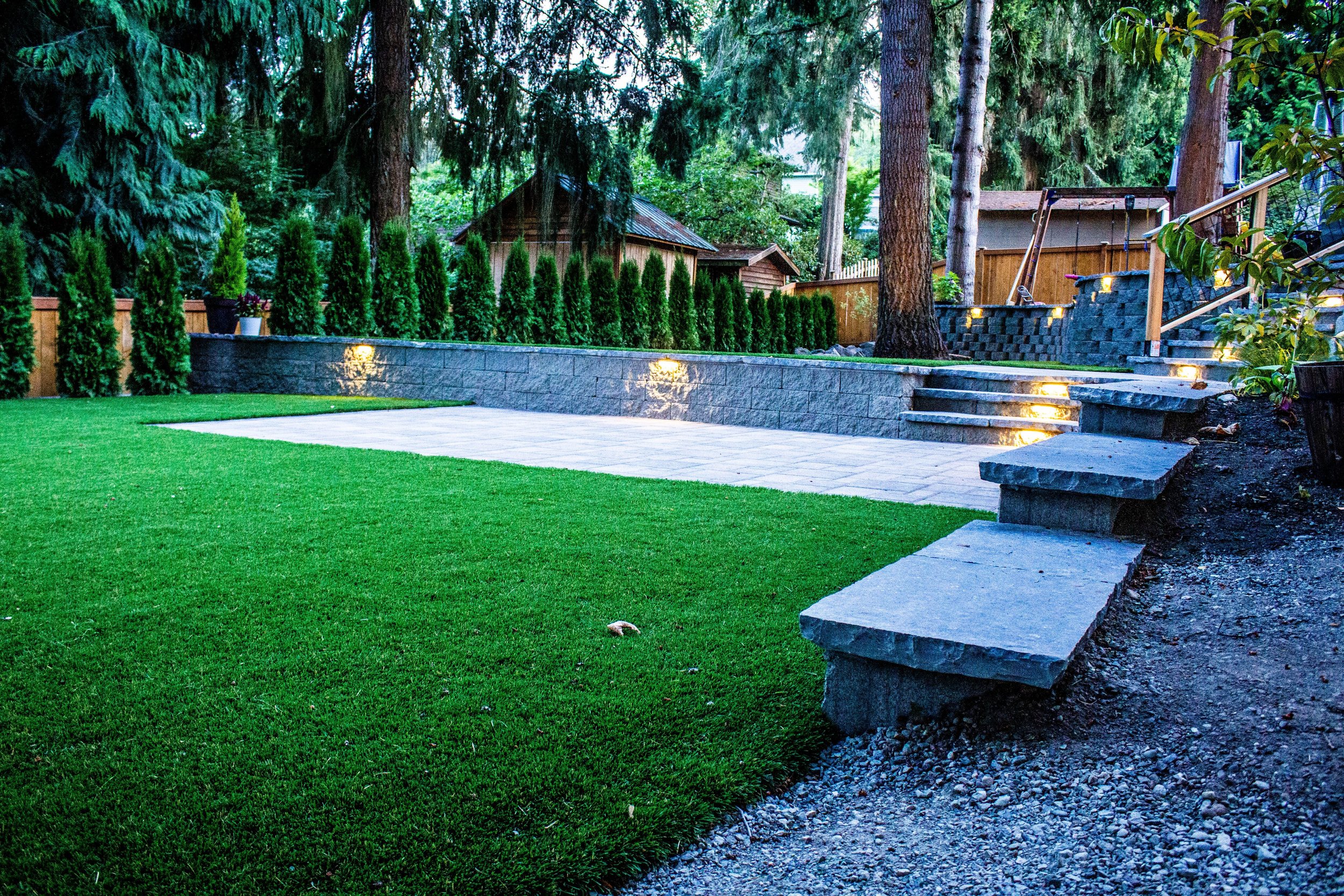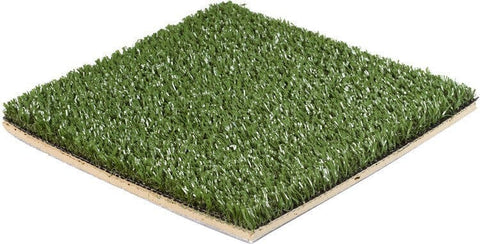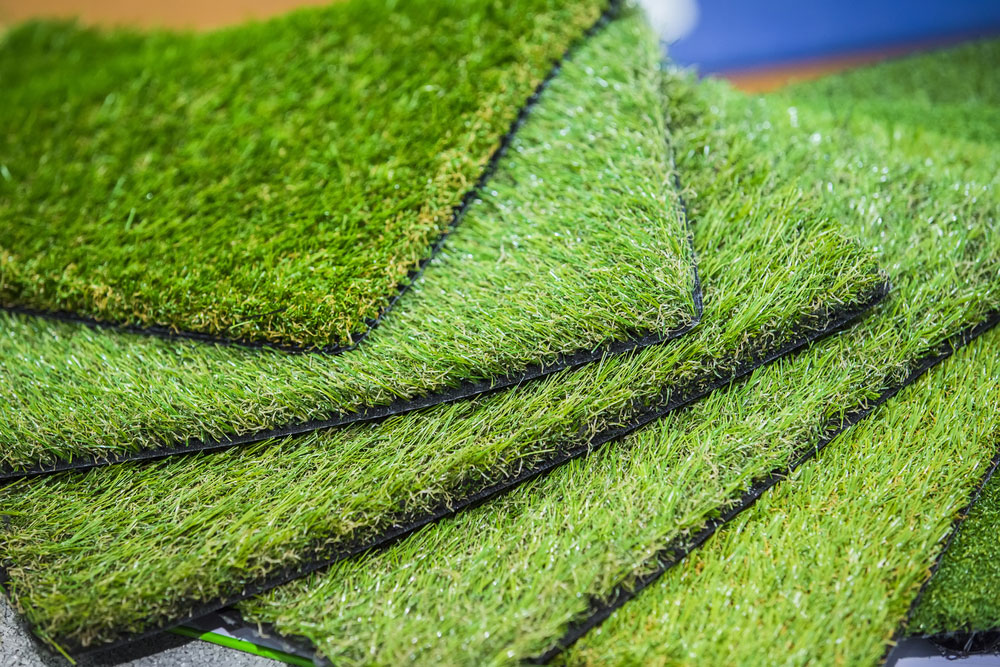Best Phoenix Turf Companies Specializing in Synthetic Grass Solutions
Best Phoenix Turf Companies Specializing in Synthetic Grass Solutions
Blog Article
Explore the Environmental Perks of Opting for Synthetic Grass Solutions
The fostering of synthetic grass remedies presents a compelling chance to resolve pushing environmental difficulties. By dramatically decreasing water usage and lessening the application of harmful chemicals, these alternatives not just advertise lasting landscape design but also safeguard neighborhood ecosystems.
Water Conservation Perks
Among one of the most significant advantages of synthetic grass is its capability to preserve water. Typical grass lawns require significant watering, especially in areas prone to drought or water restrictions. In contrast, man-made grass does not require watering, dramatically reducing the overall demand for water sources. This attribute is especially beneficial in arid regions where water shortage is a pushing issue.
By eliminating the demand for regular watering, synthetic grass adds to sustainable landscape techniques and helps alleviate the ecological impact of extreme water intake. Furthermore, the preservation of water includes the reduction of overflow, which can bring about soil erosion and river air pollution.
Furthermore, the installment of synthetic grass allows home owners and municipalities to allocate water resources a lot more successfully, concentrating on crucial uses such as drinking water and agriculture. The shift towards artificial turf not only promotes liable water usage but also straightens with broader ecological objectives focused on preserving natural deposits.
As neighborhoods significantly focus on sustainability, the water conservation benefits of synthetic grass offer an engaging situation for its adoption in domestic and commercial landscaping projects.
Lowered Chemical Use
The shift to artificial lawn significantly lowers the reliance on chemical therapies frequently utilized in all-natural lawn maintenance. Traditional grass management usually involves the application of plant foods, chemicals, and herbicides to advertise growth and control pests. These chemicals can pose risks to human health and wellness, regional wild animals, and the atmosphere, adding to soil and water contamination.
In contrast, man-made lawn eliminates the need for these hazardous compounds. By lessening the launch of artificial compounds into the community, man-made lawn promotes healthier soil and water systems.
Furthermore, the lack of chemical drainage related to man-made lawn setups aids safeguard local rivers from contamination, sustaining aquatic life and keeping biodiversity. Phoenix turf companies. As neighborhoods progressively prioritize sustainable practices, going with artificial lawn offers a sensible remedy that aligns with environmental preservation objectives. With this shift, homeowner can take pleasure in rich green rooms without endangering environmental health, leading the method for a much more lasting future
Reduced Carbon Footprint

Additionally, the installment of synthetic lawn can result in significant water conservation. Natural visite site grass call for considerable quantities of water for watering, which not only contributes to the carbon footprint related to water extraction and treatment however additionally pressures local water resources. On the other hand, synthetic grass needs minimal maintenance, calling for no watering, thereby dramatically reducing water usage and its associated energy expenses.
In addition, the longevity of synthetic grass adds to its lower carbon impact. With a life expectancy of up to 15 years or more, the requirement for frequent replacements is lessened, resulting in much less waste and lower energy usage in production and getting rid of typical yard choices. On the whole, artificial turf offers a lasting alternative for eco aware landscape design.
Environment Preservation
Habitat preservation is a vital consideration in the argument over landscaping choices, particularly when comparing synthetic grass to natural turf. Natural grass lawns often require substantial upkeep, consisting of the usage of plant foods, chemicals, and herbicides, which can detrimentally influence neighborhood ecosystems. These chemicals can seep right into the soil and waterways, damaging indigenous plants and fauna and interrupting local habitats.
Synthetic grass gets rid of the demand for unsafe chemicals, thus protecting close-by wild animals and preserving the honesty of bordering environments. The installment of artificial turf can lead to the conversion of previous yard locations right into more biodiverse landscapes, such as pollinator gardens or native plant locations, which can sustain regional wildlife.
Ultimately, the transition to synthetic grass not just saves water and minimizes maintenance efforts yet additionally promotes a more unified partnership in between human activities and the native environment, promoting habitat conservation in the procedure.
Long-Term Sustainability
Lasting sustainability is a critical consider examining the advantages of synthetic grass over conventional grass yards. Among one of the most substantial advantages of synthetic grass is its resilience; it can last approximately 15-20 years with very little maintenance, whereas all-natural turf requires constant reseeding and replacement. This long life decreases the demand for constant sources, such as water, fertilizers, and chemicals, which are necessary for preserving a healthy turf yard.
Furthermore, synthetic grass contributes to a decrease in carbon discharges connected with lawn treatment devices. Traditional yards often need gas-powered lawn mowers, leaners, and blowers, all of which add to air contamination. Arizona artificial turf. On the other hand, synthetic grass removes the need for such devices, advertising a cleaner environment
Furthermore, the manufacturing of check it out artificial grass significantly utilizes recycled materials, improving its sustainability profile. As suppliers take on environment-friendly techniques, the environmental footprint of synthetic grass remains to reduce.

Final Thought
The fostering of fabricated turf options offers substantial environmental advantages, including considerable water conservation, decreased reliance on dangerous chemicals, and a reduced carbon impact. Synthetic lawn aids in protecting natural habitats by lessening land disruption and promoting long-term sustainability through the usage of sturdy materials. Collectively, these factors emphasize the capacity of synthetic turf to add favorably to environmental wellness and use a feasible option to typical landscape design methods in an increasingly resource-conscious globe.
In contrast, artificial lawn does not need watering, considerably lowering the general demand for water sources. By reducing the launch of synthetic substances into the ecosystem, man-made turf promotes much healthier soil and water systems.
Furthermore, the installment of synthetic lawn can result in significant water preservation. In contrast, synthetic lawn needs minimal upkeep, needing no watering, thus considerably reducing water usage and its connected power prices.

Report this page